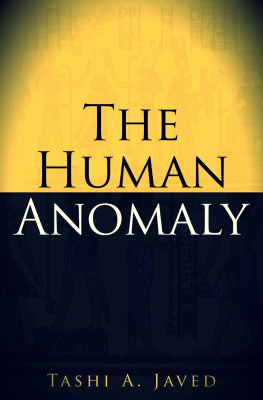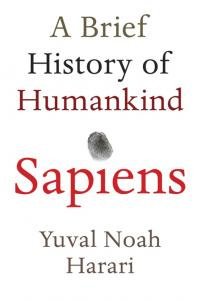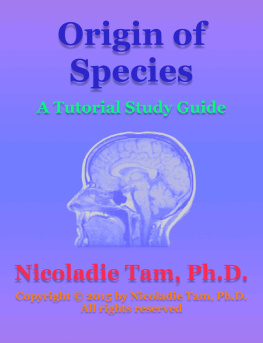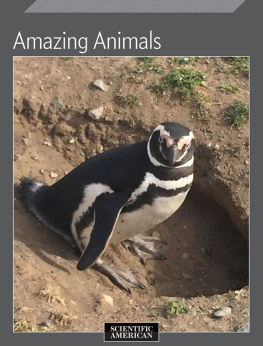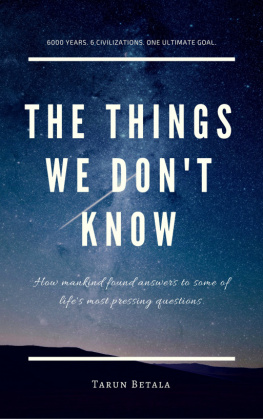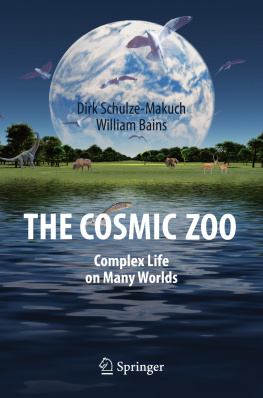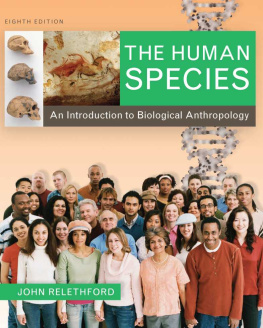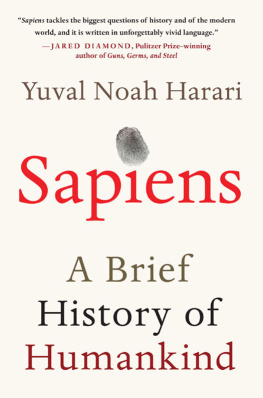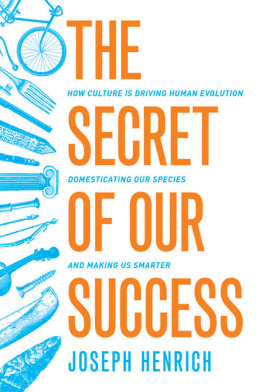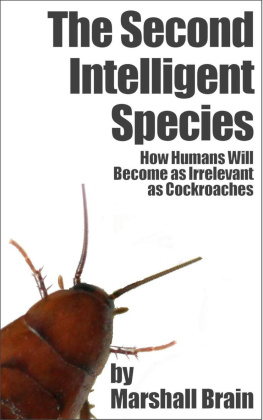TASHI A. JAVED
All rights reserved.
anomaly
[ uh - nom - uh -lee]
noun, plural anomalies.
a deviation from the common rule, type, arrangement, or form.
something that is abnormal or incongruous, or does not fit in
an odd, peculiar, or strange condition, situation, quality, etc.
an incongruity or inconsistency.
Introduction:
A Fragmented Species
Then they said, Come, let us build ourselves a city, and a tower with its top in the heavens, and let us make a name for ourselves; otherwise we shall be scattered abroad upon the face of the whole earth.The LORD came down to see the city and the tower, which mortals had built. And the LORD said, Look, they are one people, and they have all one language; and this is only the beginning of what they will do; nothing that they propose to do will now be impossible for them. Come, let us go down, and confuse their language there, so that they will not understand one anothers speech. So the LORD scattered them abroad from there over the face of all the earth, and they left off building the city. Therefore it was called Babel, because there the LORD confused the language of all the earth; and from there the LORD scattered them abroad over the face of all the earth. Genesis 11: 1 -9
The Latin word humilis is the root of many English words. It literally translates into low or from the Earth. Humilis forms the word humble or humility. Both words imply the opposite of someone lofty or in an exalted state. The word human therefore implies a being created out of the ground. Throughout the course of history, several myths that have been brought to us by the worlds religions describe humans being made of dust, mud or clay. This point of view is far from flattering, given that we hold ourselves in high regard. We consider ourselves the height of civilization, beings on the top of the food chain amongst other animals. Our skills are unique, our brains are sophisticated and wired for advanced problem solving and our advanced thinking abilities are unparalleled by any other species in the animal kingdom. But despite all of this, something feels out of place. There are far too many differences that set us apart. The Biblical account of the tower of Babel is a metaphor for our scattered self-image.
The dignified views of ourselves prevent us from digging deeper in the truths that may well bring us closer to our origins. Throughout history, man has divided himself upon his assumptions. We still know very little about ourselves, our place on Earth, who we are, where we come from and where we are going. Despite this ignorance, we put on a facade and cling to ideologies, trying to forget this fact. Deeply rooted religious beliefs and convictions have been one of the most divisive and brutal forces that have resulted in countless meaningless conflicts and have propagated instinctual and tribal behavior. Every conflict in history can be attributed to a clash of religious, political or social ideologies, further fueled by an us versus them mentality. Instead of proving our natural origins, we have imposed artificial labels that divide. On the other side of the spectrum, we are unified by what we dont know. In Latin, the word anomaly means out of the norm. It implies a deviation from whats commonplace, something inexplicable or without precedent. The complex nature of the human experience is characteristic of the former and the latter. In short, something about the human experience and its origins doesnt add up.
The sentence that comprises the human experience concludes not with a period, but with a perpetual question mark. This fact is either denied, concealed or overlooked completely. Religious fanatics and scientific dogmatists have attempted to change this question into a declaration of whom or what we truly are. While several attempts have been made to change the entire face of the human experience to fit the mold of one particular civilization, or one dominant ideology, the fact remains that the human species is a continual work in progress. It originated mysteriously several millennia ago, and will continue to exist, maybe in a different form several millennia later. To try to capture the human organism and fit it into a fixed ideology stating this is what we are supposed to be, and meant to follow is like trying to hold onto moving water in a river. It isnt possible. We are a continually adapting organism.
As we move closer and closer towards our point of origin, we are met with a hazy interpretation of who we really are as humans. Our self-image becomes fuzzy and dream-like. Divisions between you and me erode away. True human history is fundamentally unknown territory. This is an established fact. As we confront the realization that we are a species with amnesia as stated by archaeologist Graham Hancock. This realization should force us to question our existing beliefs and re-evaluate our trajectories; our beliefs and deeply rooted convictions are just assumptions. This is a book that aims at unification. The notion that we are all equally bound by our ignorance of our origins is a fundamental reality of the human condition. We are confronted with a void as we attempt to contemplate our exact point of origin. This emptiness causes a great deal of discomfort to our stimulus-seeking brains; and thus, religious beliefs, political affiliations and all forms of identity-affirming exercises are the result, all in an attempt to satisfy an ego that has no idea where it originally came from, and no idea where its going later. We are a fundamentally orphaned species whose understanding of our origins has either been deliberately concealed or forgotten entirely. Were encouraged not to dig too deep; just accept the stories that we have been given to keep in line with the status quo.
It is common for most works of nonfiction to present a collection of facts and established truths to reinforce a theory. Instead, this book will move in the opposite direction, using accumulated research to paint a picture of what we have yet to uncover about our condition. We should be encouraged to adopt a position outside of any political ideology, social belief or religious stance including atheism or agnosticism. This book attempts to reconcile the universality of the human condition on the grounds that we are a species with amnesia as stated by Hancock. This is not an affirmation of any scientific or religious belief, nor is it a push in either direction of the ongoing evolution versus creationism debate. We need to think beyond the simple paradigms of theism versus atheism and look at the human condition as a blank canvas. We must begin to point out the gaping holes and contradictions within the consensus regarding our origins. This is a call to attention of the questions we should be asking. We should throw aside all ideologies that have been forced upon us and innocently ask, Why do we exist in this capacity and not a different one? This book is an open challenge to the status quos widely accepted consensus of human ancestry, the doctrines and belief systems that have been imposed upon us, and a summation of what we still dont know.

